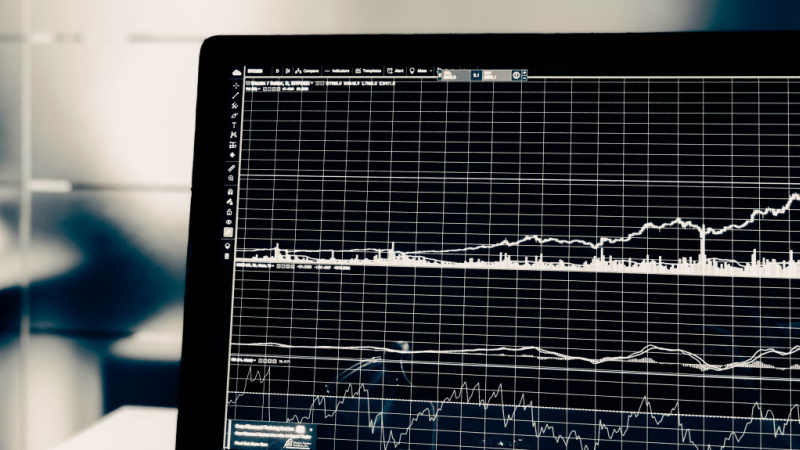ASo what’s blockchain, to begin with? It is a digital ledger designed to store details of transactions between multiple users and any other changes to its underlying database. Everything is conducted with zero intermediaries and in such a manner that the details can be easily tracked by anyone among the users, forever. A big part of the participants, often referred to as ‘miners,’ are tasked with gathering information about all transactions and compiling them in ‘blocks.’ The history of all transactions are documented in a decentralized database. Database to make it easier for any user to keep a copy on their devices. Let’s talk about Fintech Blockchain.

The details in the network can never be altered. The documentation of all transactions occurs fast rather than taking days, like in banks.
No corporate entity or government can sabotage or influence the inner working of blockchain. For rules changed, the proposal must get the nod of most of the participants.
Blockchain Technology
Although blockchain technology isn’t restricted to financial services, fintech is the only where it has seen the most application. So many financial companies apply this technology in their day-to-day operations in one way or another.
Fintech blockchain is, therefore, an application of blockchain technology in traditional financial technologies to enable decentralized operations and better record keeping.
Every time you venture online to use financial tools or view your financial transactions. Transactions to manage your investments and spending, you are using Fintech and perhaps fintech blockchain.

Fintech and Blockchain
When it comes to the link between fintech and blockchain, categories users of users involved:
-
B2B for banks
-
Business clients
-
B2C for small and medium businesses
-
Consumers
Besides cryptocurrencies (more on this later), trends towards such areas as mobile banking, data, increased information, decentralized access to things, and accurate analytics will create more opportunities for the 4 groups mentioned above to interact in never-seen-before ways.
To understand fintech and blockchain better, take a glance at the links between fintech and blockchain in the following section.
Blockchain and Fintech
Today, blockchain is one of the pillars that make fintech. The rise of cryptocurrencies – all of which are based on blockchain, by the way – has been the most transformative event in Fintech in the last decade. As such, it is no surprise that the most innovative areas of fintech also feature blockchain. Here are the examples of relationships between blockchain and fintech:
-
Cryptocurrencies (Bitcoin, Dogecoin, etc.) and digital cash, the former which might remove the role of central banks and government in managing currencies in the future.

Smart contracts
-
Smart contracts, which meant to utilize computer programs (using blockchain). And automatically execute an array of contracts between sellers and buyers.
Ethereum
-
Ethereum, which basically a DLT (distributed ledger technology) designed to maintain numerous records on a certain network of computers without a centralized ledger.
Open banking
-
Open banking, an idea that third parties should be given access to banking data and use blockchain to develop applications that create connection networks between third-party service providers and financial institutions. If you have ever used Mint, an all-in-one cash management tool, then you are a beneficiary of open banking.
Insurtech
-
Insurtech, a transformative force seeking to use existing technologies to streamline the operations in the insurance industry.

BlockCypher
-
BlockCypher, a cloud-optimized blockchain infrastructure that powers many different crypto-currency applications. It enables companies to create and secure their blockchain apps using the platform’s web APIs before running them.
Chain
-
Chain, a company that seeks to develop and support open-source blockchain protocols for financial applications. Fiserv, Capital One, Nasdaq, Visa, and Citi are some of the top financial organizations in partnership with Chain
Wirex
-
Wirex, a personal banking service provider that combines the advantages of blockchain technology and users’ everyday finances to provide bankless financial services, helping bridge the gap between cryptocurrencies and traditional money.
Bloq
-
Bloq, an enterprise blockchain solutions service provider seeking to help clients set up key layers of facilities and infrastructure for their blockchain applications. Also, part of the package is solutions to permit company clients and employees to create, customize, and update their own private, public, and permitted blockchains.
Clearly, blockchain is an integral part of fintech, more so with the popularity of cryptocurrencies. Finally, fintech blockchain could change the financial world massively in the future if the current events in blockchain technology are anything to go by.